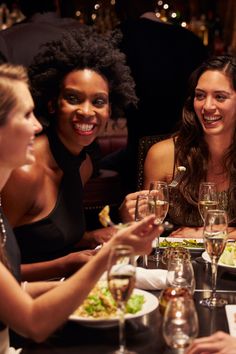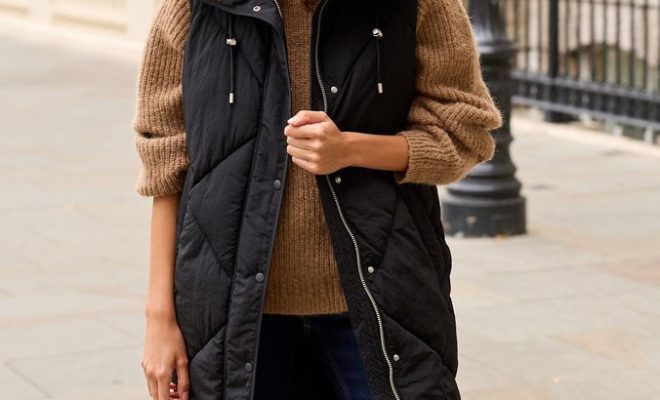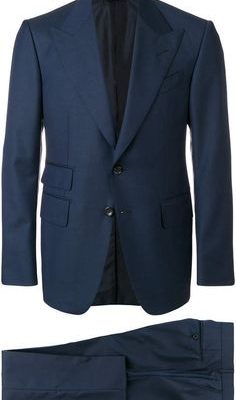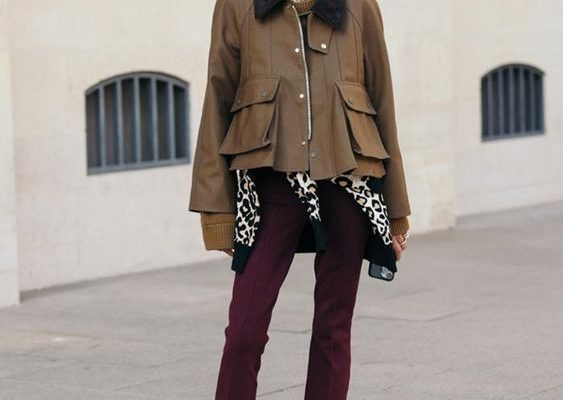Woman Laments After She Was Kicked Out Of High-End Restaurant Because Ofbest Friend’s Dressing

An evening that was supposed to be a celebration turned sour for one woman and her best friend when they were unexpectedly asked to leave a high-end restaurant due to a dress code violation. The incident sparked a debate on social media about the enforcements of dress codes and whether upscale establishments have the right to uphold such standards at the cost of marginalizing patrons.
The woman in question took to an online platform to narrate her ordeal after she and her best friend were evicted from a posh eatery midway through their meal. According to her post, they had decided to dine at what was reputedly one of the city’s finest restaurants—something they had been looking forward to for weeks. Her friend, who she described as having an eclectic sense of style, wore an outfit that although trendy, apparently did not align with the restaurant’s strict dress policy.
While the women understood there might be a certain etiquette to adhere to, they were taken aback by the swiftness and the abruptness with which the staff enforced this rule. They reported being approached by a manager after having been seated and ordered their meals, only to be told that one of them did not meet the restaurant’s dress code—a series of stipulations they claim were not clearly communicated upon their entry.
What followed was an uncomfortable confrontation, leaving both women to feel humiliated as they walked out under the watchful eyes of other diners. The woman’s narrative reflects not only on their personal humiliation but raises broader questions about class, inclusivity, and the extent of autonomy restaurants have over their patrons’ attire.
Critics argue that such stringent policies could amount to discrimination or elitism by creating unnecessary barriers for entry based on personal appearance. Defenders of dress codes suggest that they preserve the atmosphere and exclusivity that fine dining offers—attributes which many patrons pay for alongside their meals.
As word of their tale spread across different social media platforms, public sentiment was split. Some argued that when one chooses to patronize an establishment known for its exclusivity and high standards, compliance with those standards is part of the experience one should expect. Others found sympathy with the women, suggesting that unless attire is overtly offensive or inappropriate, style should not predicate participation in such social settings.
The incident stands as a reminder of how societal norms are constantly evolving and being challenged. Moreover, it begs us to question how much weight we place on appearances versus individual expression—and at what point hospitality can become inhospitable due solely to subjective standards.






